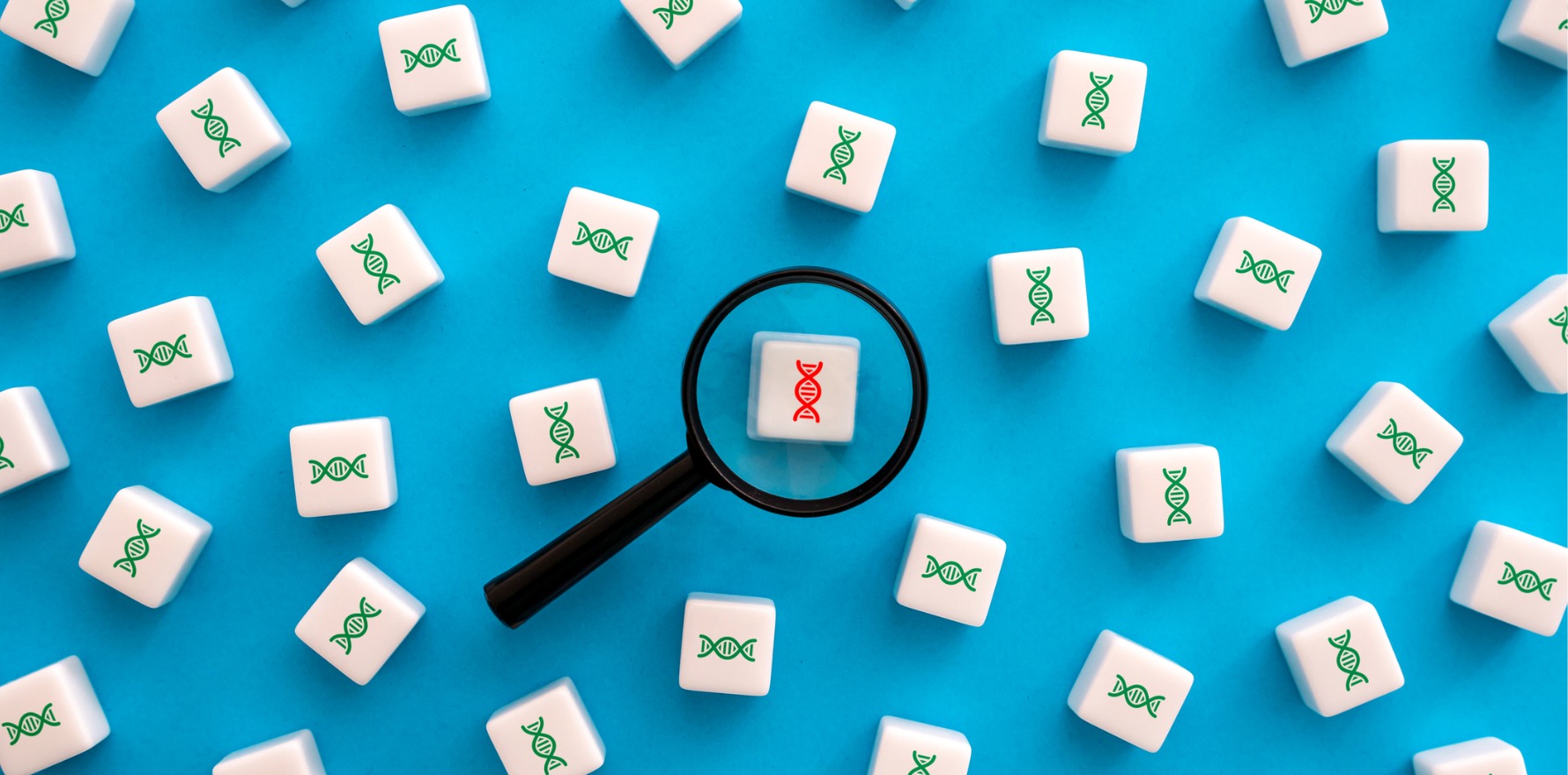Checking your risk of genetic conditions such as cystic fibrosis before pregnancy is crucial, says an expert.
Couples are increasingly taking advantage of the new MBS rebate for reproductive carrier screening, but many are yet to realise this opportunity.
There has been a 400% month-on-month increase in the number of genetic tests requested under MBS item 73451 – a rebate supporting reproductive carrier screening for cystic fibrosis, spinal muscular atrophy and fragile X syndrome.
But many couples aren’t being offered or undergoing the screening before they fall pregnant, according to one expert.
Speaking to delegates at the Royal College of Pathologists of Australasia’s Pathology Update in Adelaide earlier this month, Dr Tristan Hardy, an obstetrician/gynaecologist and medical director of genetics at Monash IVF Group, was pleased to see an increase in the uptake of reproductive carrier screening but felt there was still room for improvement.
“There are 300,000 pregnancies in Australia per year. At least half of those will be first pregnancies, and half of all pregnancies are unplanned,” Dr Hardy told The Medical Republic.
“Of the 50% that are planned, not many people necessarily attend a preconception health check or [have] a fertility assessment.”
Related
He said there were plenty of opportunities to encourage people to consider preconception carrier screening before falling pregnant, intentionally or otherwise.
“You could be having a pap smear, or maybe even a contraception discussion,” he told TMR.
“A lot of people go to a pharmacy when they’re planning [a pregnancy] because they’re going to be buying pregnancy multivitamins, a pregnancy test, or an ovulation predictor kit.
“That’s where we need to have the message out there and remind people there’s an easy, accessible test available if they decide they want that information.”
Couples can regret delaying or forgoing screening, according to Dr Hardy.
“Early testing enables individuals to explore various options, such as in vitro fertilisation with pre-implantation genetic testing, to reduce the risk of passing these conditions to their children,” he said.
“I see many people after they’ve had a pregnancy affected by a genetic condition, and always offer them carrier screening to see if there is a risk for any other conditions.
“People get quite a shock when they find out how easy it is – a quick saliva swab or a blood test – and then a few weeks later they get a report that shows their risk.”
The number of tests requested under item 73451 has increased sharply since its addition to the MBS late last year. There were 1726 tests requested in November, and 6890 in December.
New South Wales (2734) and Victoria (2600) have seen the largest demand for the reproductive carrier over this two-month period, far outstripping Queensland (1301), South Australia (770), Western Australia (946), Tasmania (188), the ACT (118) and the Northern Territory (49).





